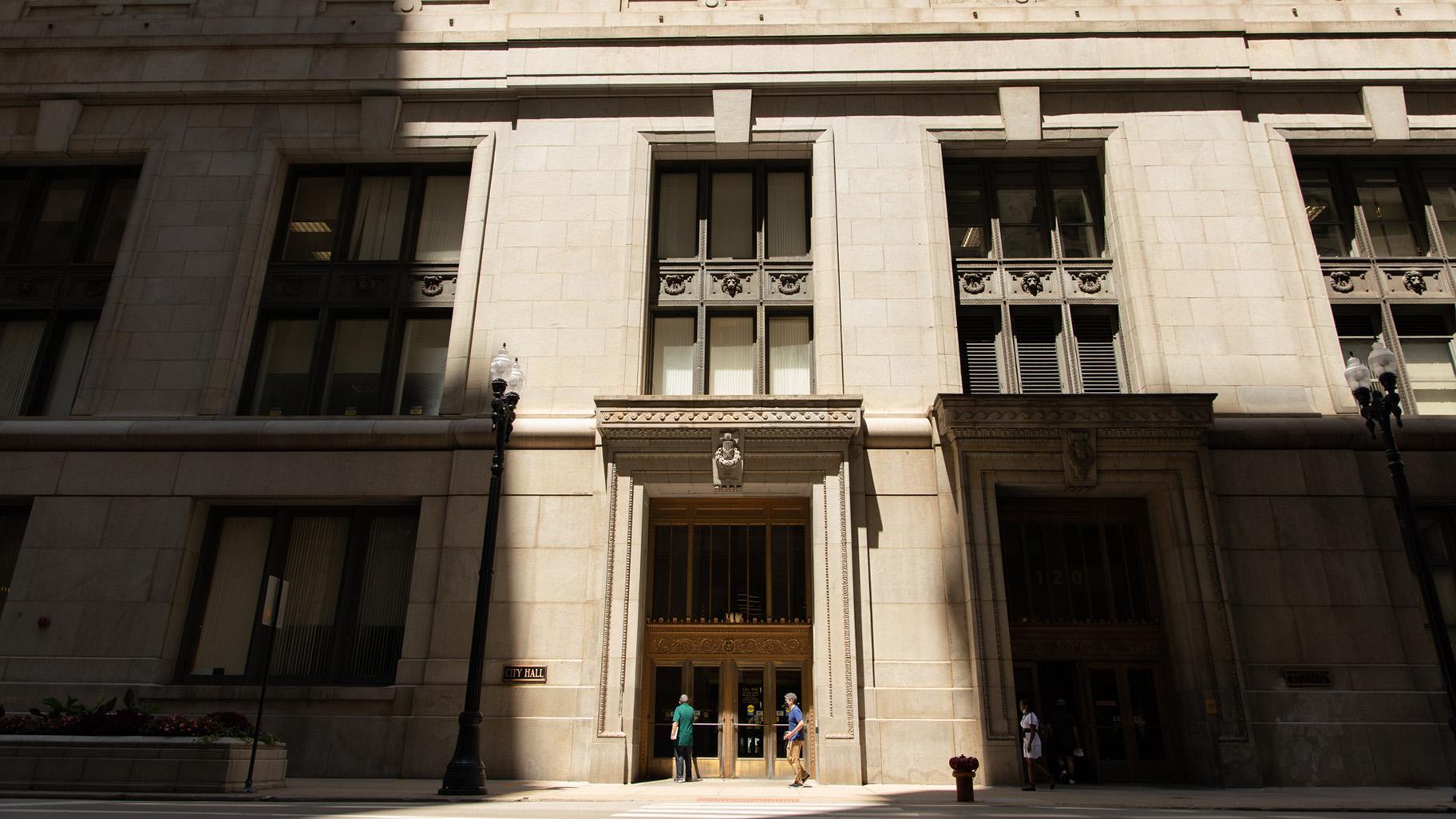Half a mil to put their thumbs up their asses instead of just literally giving that money directly as reparations ![]()
Edit: I want to clarify, I fully support reparations, I'm just extremely frustrated knowing that, under liberal/bourgeoisie democracy, these types of efforts tend to get bogged down with means testing, and sometimes outright turn into thinly-veiled handouts to private corporations. All while the police budget is still increasing YOY.
That said, Evanston (city on Chicago's northern border) did actually manage to distribute "...$25,000 in no-strings-attached direct cash payments for those eligible. Black residents who lived in Evanston during a 50-year period of discriminatory zoning laws and their direct descendants receive priority for eligibility." So I don't want to encourage further reactionary criticisms such as mine towards this specific subcommittee if they are able to achieve at least some form of direct payments similar to Evanston's program.


That's a fair point, it's just hard to not be pessimistic when the same city is still spending $2 billion on their police budget and $29 mil to a private company for tents to house migrants (instead of just expropriating some unoccupied office buildings).
I'm not against spending large amounts of time, effort, and money on planning and executing reparations, I just have very little confidence that it can be done under liberal democracy without it turning into some market-based, means-tested program that is most certainly not reparations, all while other systems of harm are still being funded by several higher orders of magnitude. I will word my criticisms better in the future so as not to come off like I'm criticizing the very idea of planning and distributing reparations.
Skepticism is warranted, but there are reparations being paid right now 45 minutes down the road in Evanston. It's not a pipe dream; there's an actual working example right there.
We talk a lot here about how social programs in the USSR and Warsaw Pact countries served as an immediate example of how things could be done better, and how that pressured capitalist countries to make concessions in the same direction. Reparations programs can work the same way. We've seen this effect with LGBT rights and marijuana legalization recently, too.